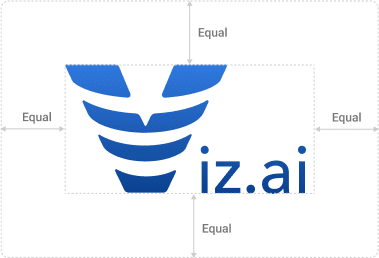Customer Media Kit
Viz.ai is the pioneer in the use of AI algorithms and machine learning to increase access to life-saving treatments, covering more than 220 million lives across 1,400+ hospitals and health systems in the U.S. and Europe. The AI-powered Viz Platform is an intelligent care coordination solution that identifies more patients, informs critical decisions at the point of care, and helps improve outcomes. Backed by real-world clinical data, the Viz Platform delivers significant value to patients, providers, and pharmaceutical and medical device companies.
PR tools
Press Release Templates
Full Suite
Download docx fileNeuro Care
Download docx fileVascular Care
Download docx filePost-Acute Stroke Care
Download docx filePatient Brochures
Viz™ Neuro Suite
Download pdf fileViz™ Vascular Suite
Download pdf fileBranding elements
Logo sources
Below you will find direct links for our logo downloads along with guidelines on their usage.
Examples of logo incorrect using
Wrong opacity
Incorrect colors
Incorrect colors combination
Incorrect elements combination
Incorrect scaling
Required Logo Clear Space
It’s important to provide adequate spacing around our logo for correct display. Please follow the guideline detailed below.

Brand Colors
Primary
Primary - 1
#0F2C6C
Primary - 2
#3B74F6
Primary - 3
#31343D
Secondary
Secondary - 1
#FFD01F
Secondary - 2
#6A92F1
Secondary - 3
#757575
Tertiary
Tertiary - 1
#B9314F
Tertiary - 2
#6DA34D
Tertiary - 3
#F3F3F3
Logo color
Logo - gradient
#307ADF - #0B428F



